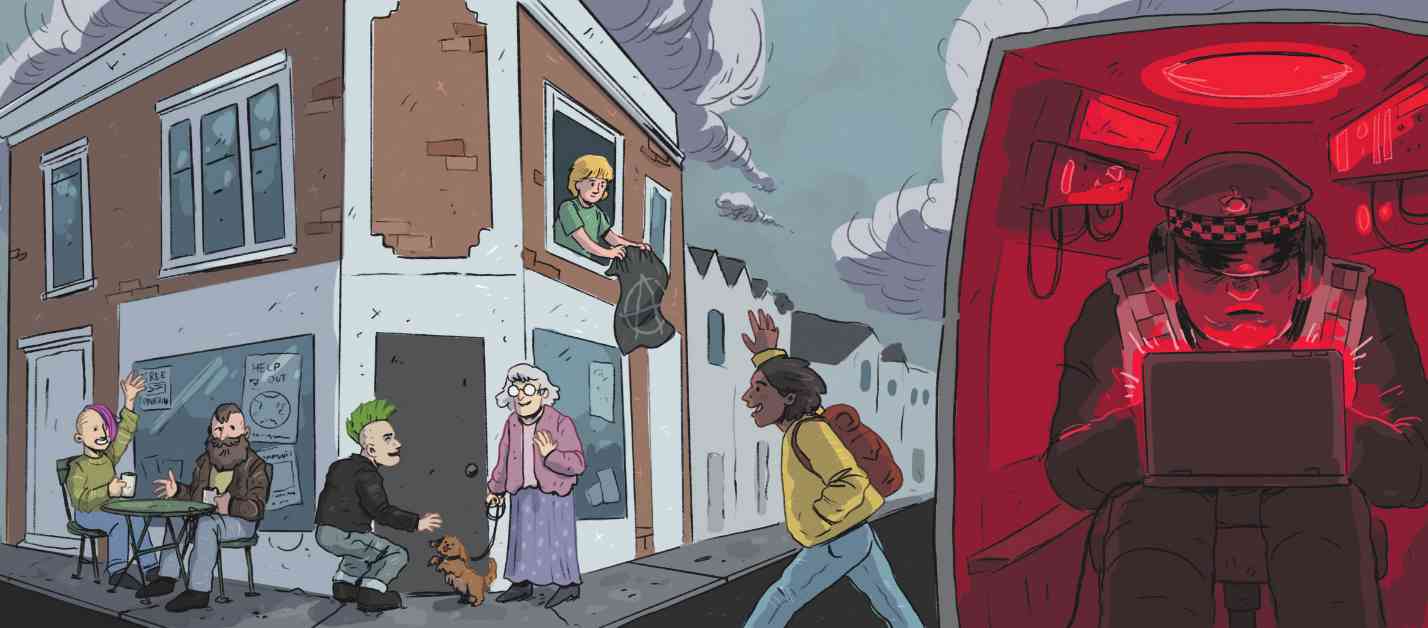A man named Toby Shone was recently arrested and recalled to prison after visiting the Bristol anarchist social centre called BASE. Initially arrested on terrorism and drugs charges, Toby faced a wide police operation named Op Adream. The police believed Toby was the editor of an anarchist website that promoted terrorism. Despite being cleared of terrorism charges, Toby was convicted of drug-related offenses and served a prison sentence.
After his release, Toby was under strict monitoring and heavy restrictions by the National Security Division. He was eventually arrested for not complying with his probation conditions after attending an event at BASE and using an unregistered phone. Legal documents revealed that BASE was under surveillance by counter-terrorism police.
BASE members were shocked to learn about Toby’s recall to prison and the surveillance on their centre. They emphasized that BASE is a community space that hosts various events and projects, not a hub for criminal activities.
Toby’s case sheds light on the state’s efforts to silence individuals with oppositional political views. He has been treated like a terrorist in prison and faced restrictions on his communication and freedom. An interview with Toby revealed that the case against him linked anarchist content to terrorism, enabling the use of terrorism legislation.
The use of terror charges against Toby for his anarchist beliefs is seen as an attempt to silence dissent and restrict freedom of expression. Campaigners and activists stand in solidarity with Toby and emphasize the importance of protecting the rights of individuals to engage in political activities without fear of persecution.
The lack of transparency from authorities regarding Toby’s case and the surveillance of anarchist groups raises concerns about civil liberties and the right to freedom of association. The case of Toby Shone highlights the challenges faced by individuals who hold dissenting political views and the impact of state repression on activist communities.













